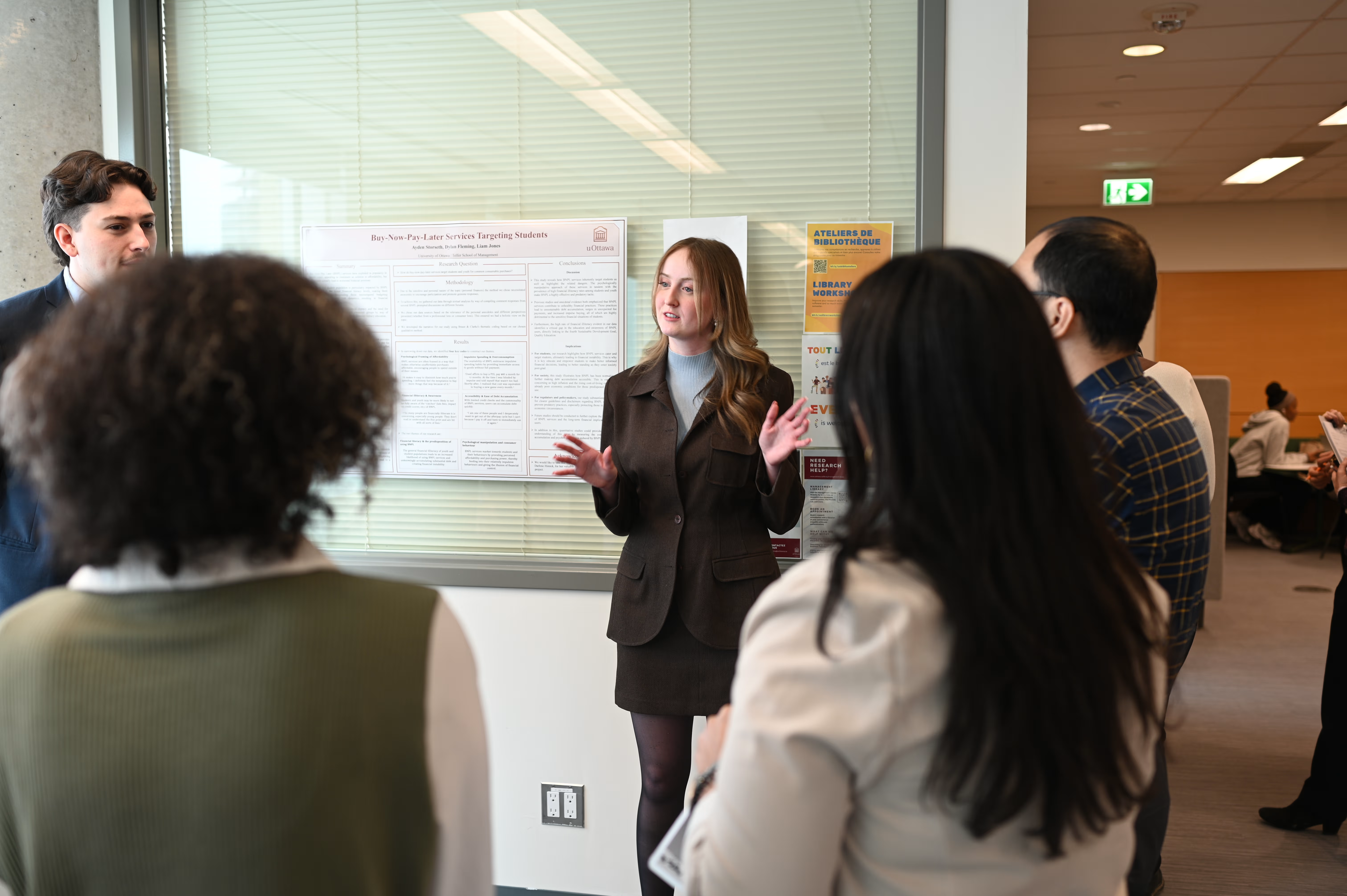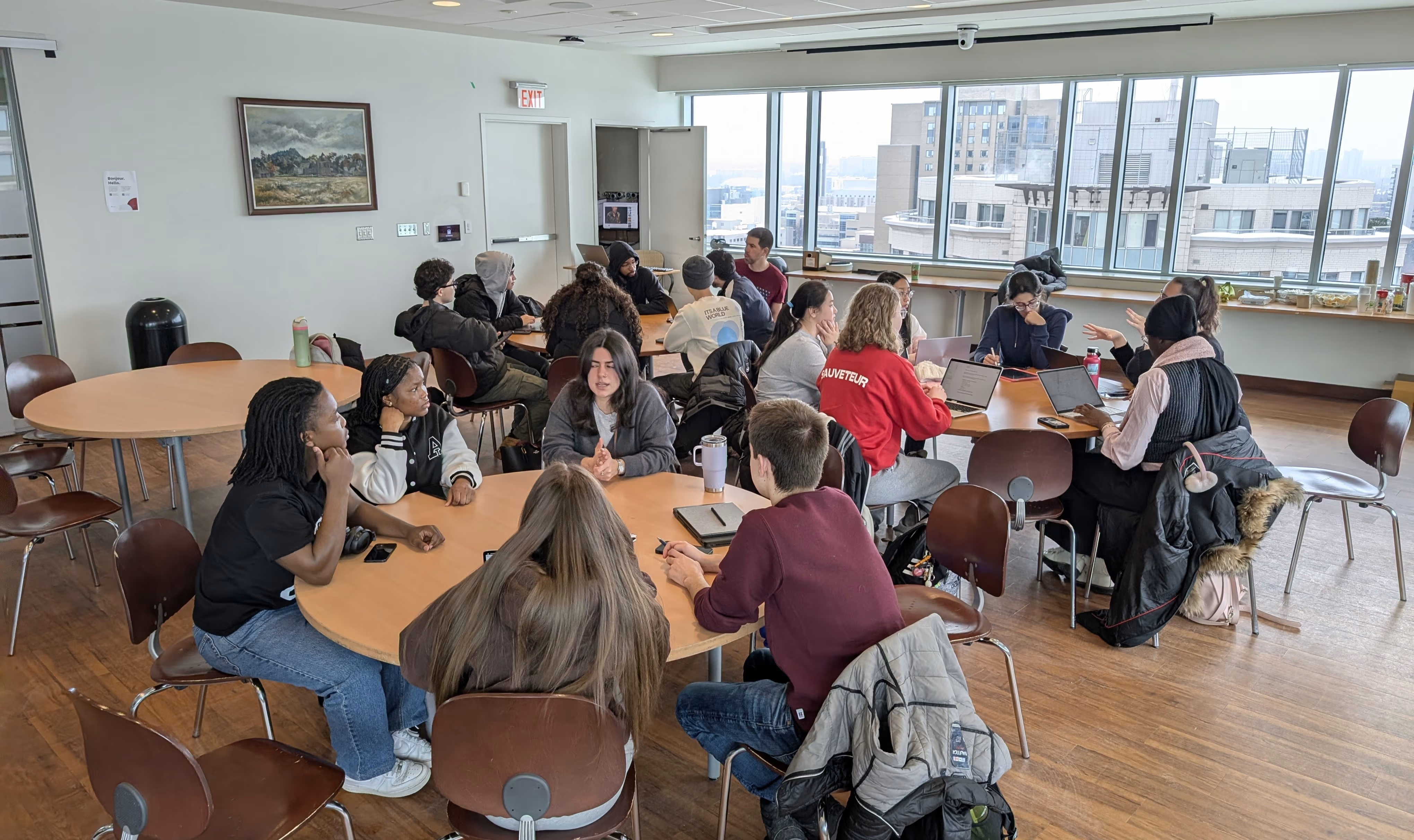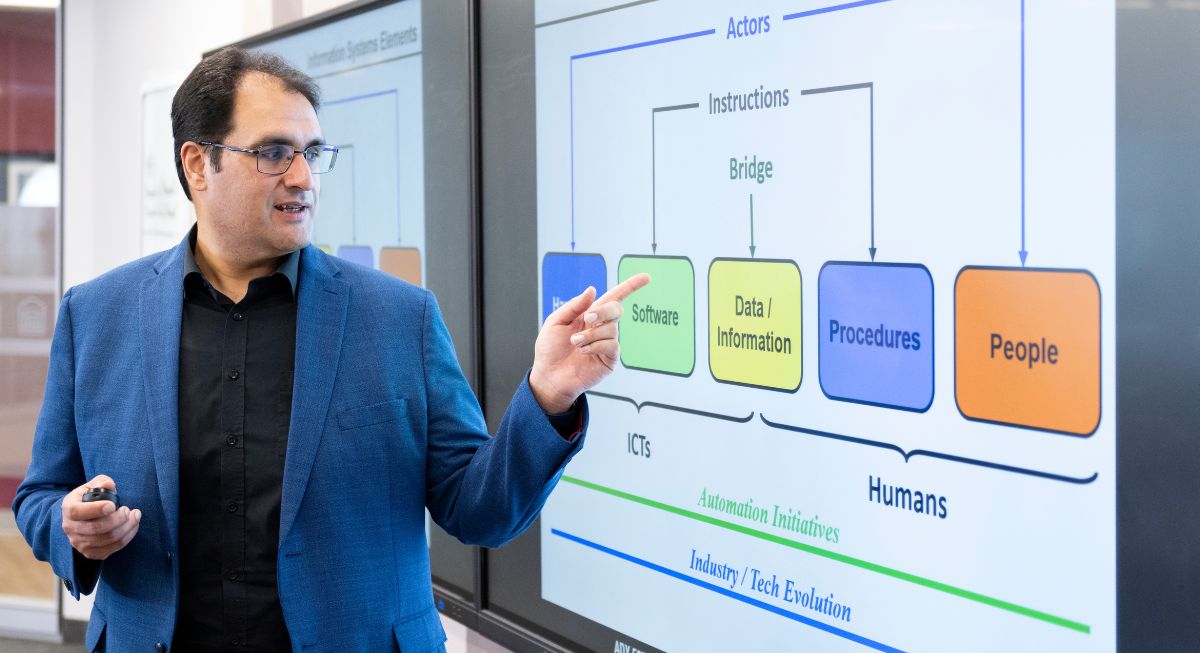In recent years, supply chain sustainability has become a crucial topic due to the increasing environmental effects of climate change. According to NetSuite, to ensure supply chain sustainability, corporations must consider the impact of a product’s journey through each step of the supply chain in order to minimize negative impacts on the environment and human well-being. Sustainability within the supply chain is particularly important: these chains often involve intensive production and transportation, and consequently, changes to the supply chain can bring about some of the greatest improvements in sustainability. Policies that encourage greater transparency about supply chain sustainability have been used to incite corporations to properly enact sustainable and ethical change, and to hold themselves accountable. However, these policies may not be reliable or accurate.
Professor José Carlos Marques has received a Social Sciences and Humanities Research Council Insight Development Grant to study the impact on companies of policies that advocate for supply chain sustainability transparency, and the patterns of transparency that emerge due to these policies, such as greenwashing (overinflated sustainability claims that do not correspond to the company’s actual actions). His research will examine the reporting pathways that lead to different transparency outcomes, rather than viewing transparency as a goal that corporations need to meet from the start.
Project title: Developing a process transparency approach to global supply chain sustainability reporting: An application of text mining and machine learning techniques
We asked Professor Marques why he is personally interested in this research area, and this is what he had to say:
Over recent decades “more transparency” has been the proposed solution to everything from corruption to human rights abuses to carbon emissions involving business and global supply chains: “sunshine is the best disinfectant”, as the old adage goes. This has resulted in a proliferation of disclosure frameworks and a massive surge in reporting qualitative, unstructured data, which is increasingly criticized as irrelevant and little more than greenwash. While the situation is clearly problematic, I think there’s still much we can learn from this data. This project is about seeing whether and how new analytical tools can help us make sense of what a “more transparency” approach has produced over time.
Transparency as a temporal process, not just an outcome
Consumers are becoming increasingly interested in where the products they purchase come from, how they are made, and under what conditions. This has put pressure on corporations to increase the transparency at each step of the supply chain. However, despite their goals, current transparency policies are only effective in expanding the quantity of information, and not the quality of information available. Professor Marques will examine the different reporting pathways that have evolved over time because of current transparency policies. His research will provide a critical perspective on current transparency approaches and advice for future policies.
Professor Marques will use text mining and machine learning analysis techniques to examine large amounts of sustainability data in the ready-made garment (RMG) industry. His research will focus on company disclosures for 10 years following the Rana Plaza disaster (the collapse of a garment factory in Bangladesh that was a garment source for many large corporations).
Impact
This research will help address policy and governance transparency goals. Specifically, it will uncover how to better use corporate transparency to address social and environmental issues within supply chains. It will also generate very valuable research for governments, activists, and organizations to understand how to accurately encourage precise information disclosure. This research will provide important guidance on how to identify greenwashing within companies, and how to differentiate them from companies that are not greenwashing.











